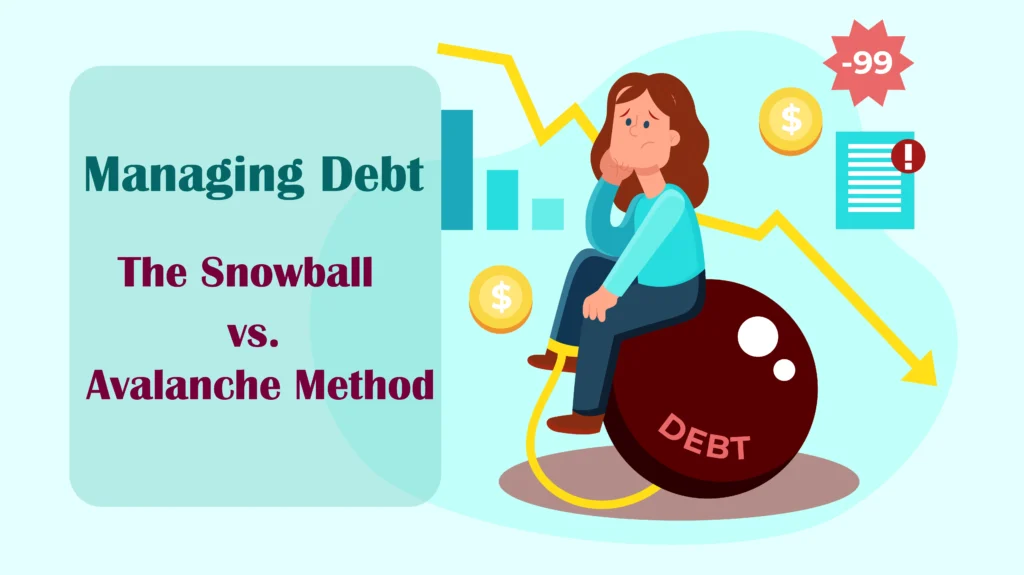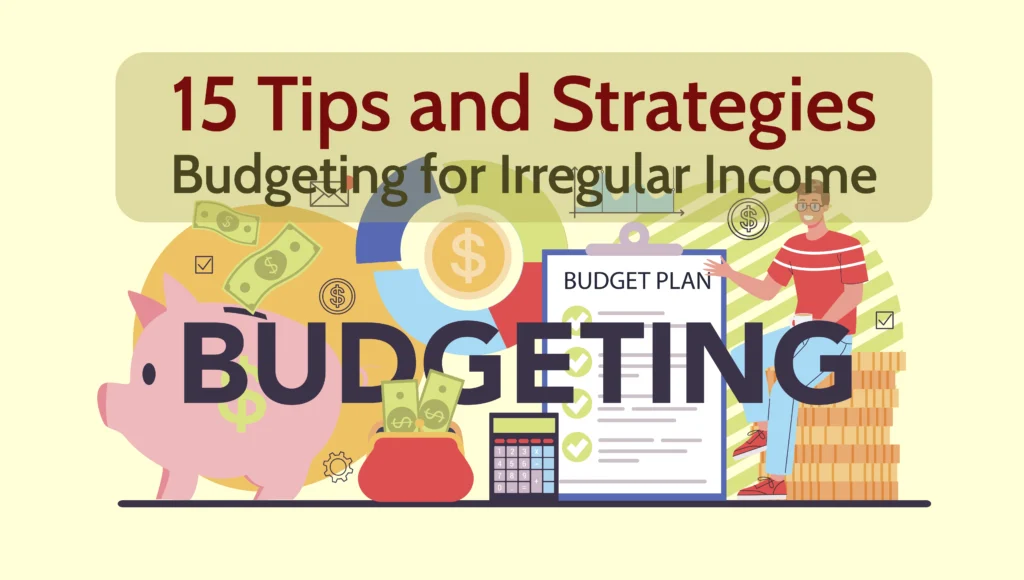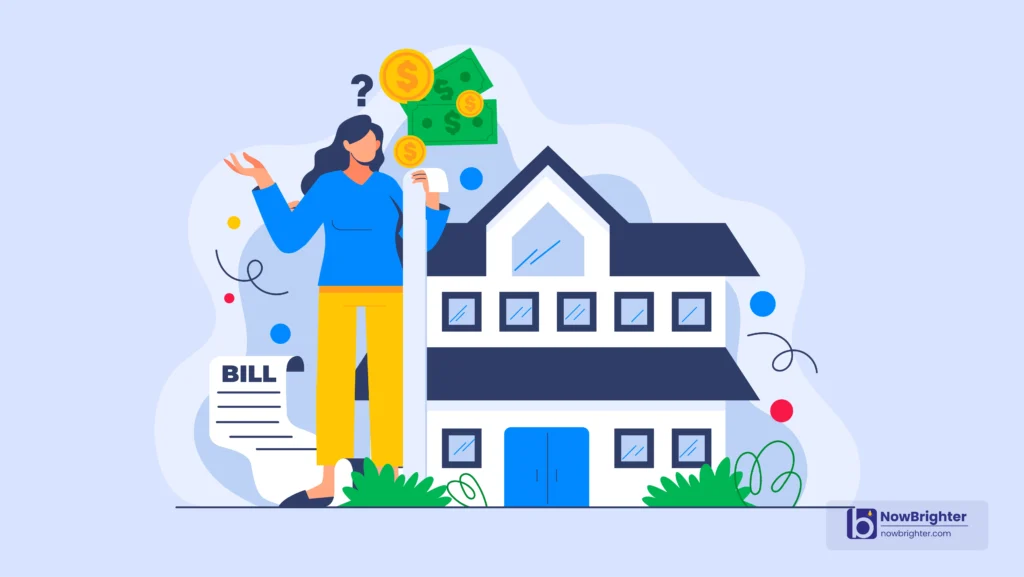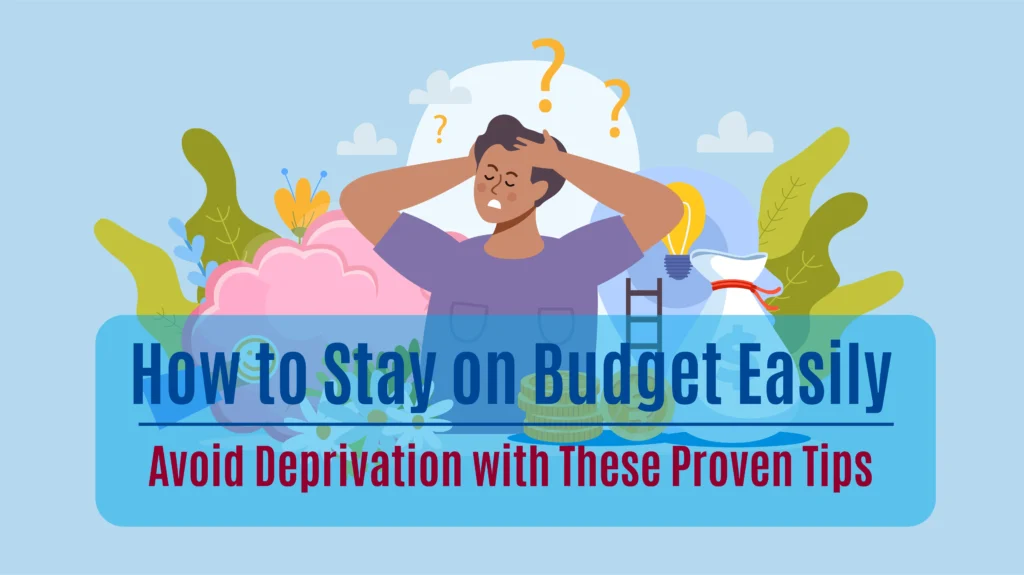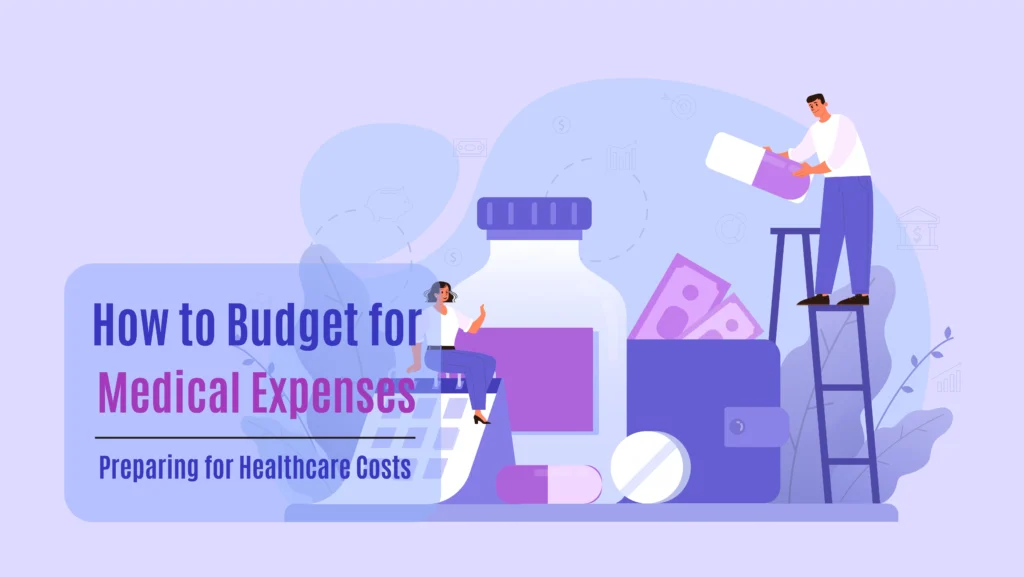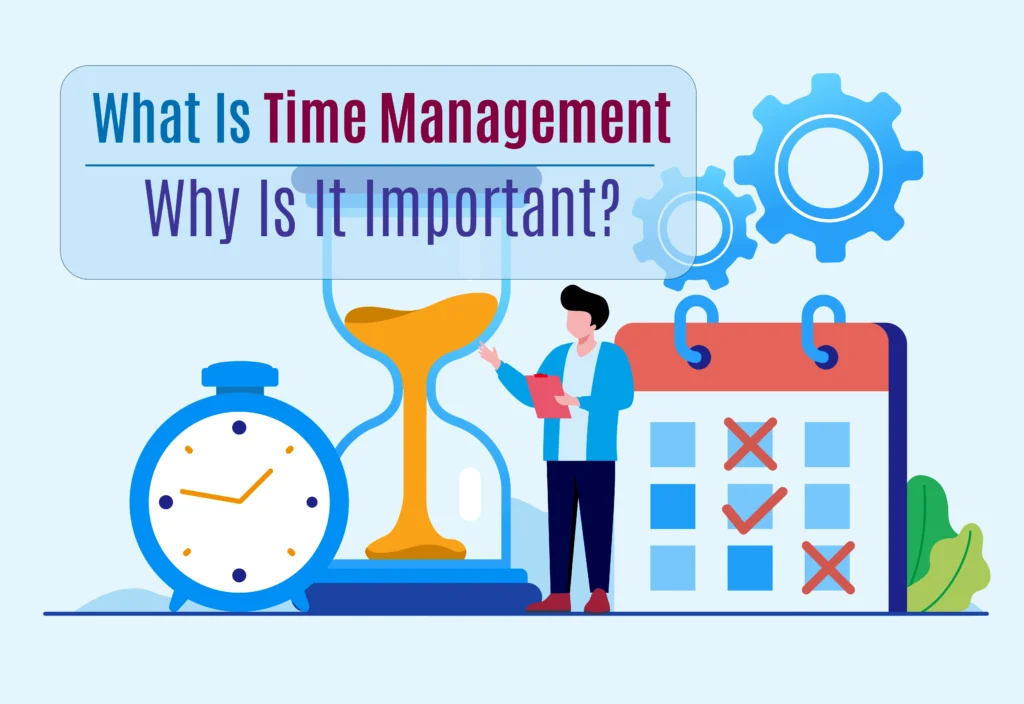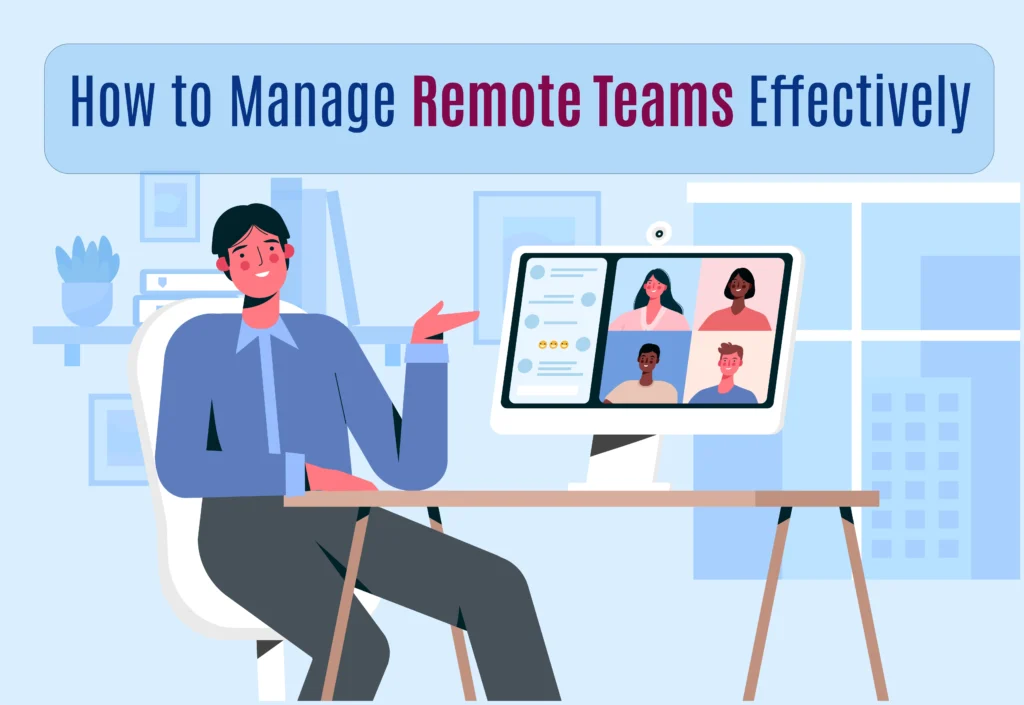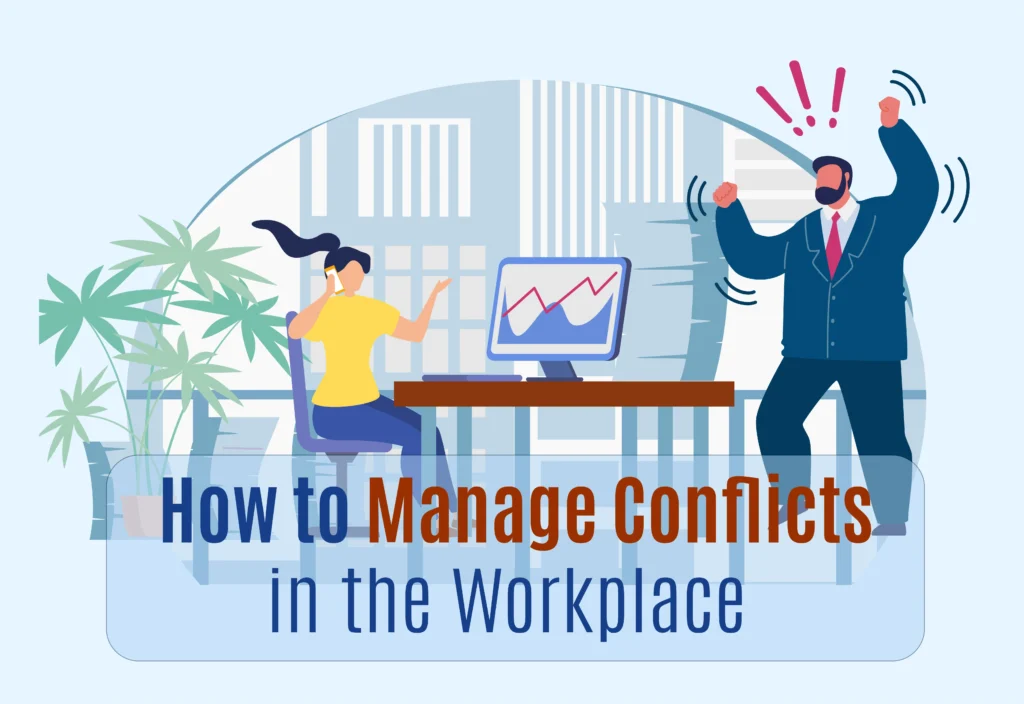How to Deal with Debt During a Financial Crisis
When a financial crisis strikes, the weight of debt can feel suffocating, making it challenging to see a way forward. Whether it’s an unexpected job loss, a downturn in business, or rising living costs, managing debt during these turbulent times requires both strategy and resilience. Many individuals find themselves overwhelmed by mounting bills and anxiety about their financial future. However, understanding how to effectively deal with debt during a financial crisis can turn a seemingly hopeless situation into an opportunity for recovery and growth.
In this blog post, we’ll discuss essential strategies to help you navigate your debt amid a financial crisis. From prioritizing expenses to exploring debt relief options, we’ll equip you with practical tools and insights that can lighten your financial burden. By taking proactive steps and making informed decisions, you can regain control of your finances and emerge from the crisis stronger than before.
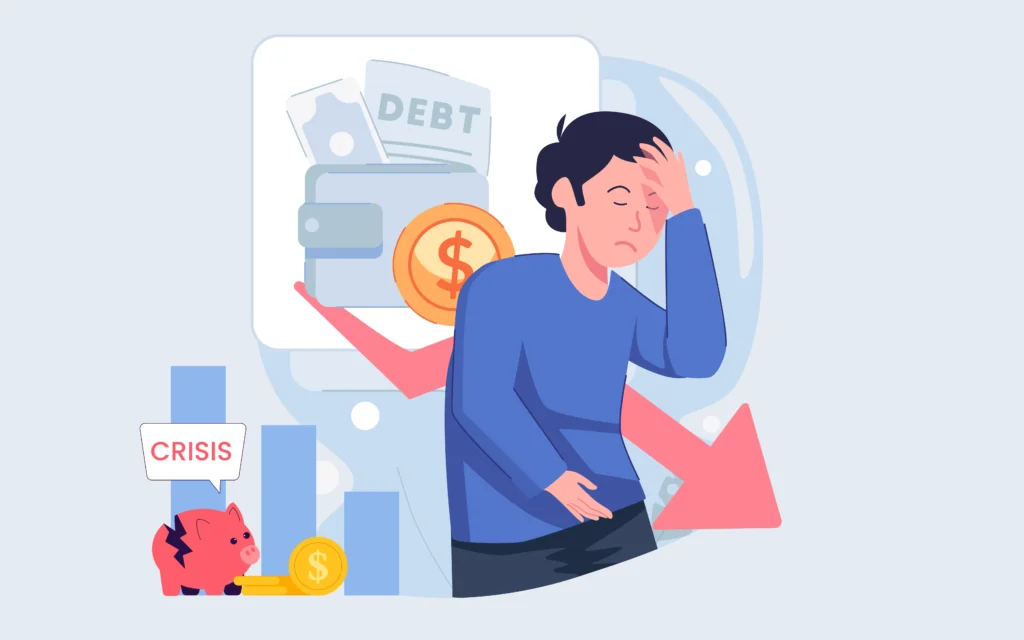
Assessing Your Financial Situation
The first step in dealing with debt during a financial crisis is to get a clear picture of your current financial situation. Knowing exactly where you stand will help you make informed decisions about how to manage your debt and prioritize your spending.
List All Your Debts and Obligations
Start by creating a comprehensive list of all your debts. This should include credit card balances, student loans, mortgages, car loans, personal loans, and any other outstanding financial obligations. For each debt, write down the total balance, the interest rate, the minimum monthly payment, and the due date.
Organizing your debts in this way gives you a clear view of your financial commitments and helps you identify which debts are the most urgent. Prioritizing debts with high interest rates or those that could lead to severe consequences (such as losing your home or car) is essential during a crisis.
Analyze Your Income
Next, take a close look at your income. If you’ve lost your job or experienced a reduction in income, you’ll need to assess how much money you still have coming in. Include any unemployment benefits, side hustle income, or help from family members in your calculations.
Knowing your available income is crucial for determining how much you can afford to allocate toward debt payments and essential living expenses.
Review Your Expenses
Now, go through your expenses. Separate essential costs, such as rent, utilities, groceries, and healthcare, from non-essential spending like dining out, entertainment, and subscriptions. Cutting back on non-essential expenses can free up more money to cover debt payments and living costs.
If you’re in a crisis, it’s time to adopt a survival budget—one that focuses solely on the necessities. This will help you avoid adding more debt while still maintaining basic financial obligations.
Prioritizing Debt Repayment in a Crisis
During a financial crisis, you may not be able to pay off all your debts immediately, but you can create a strategy to manage them effectively. Prioritizing your debts is key to ensuring that the most critical obligations are covered first.
Focus on Secured Debts First
Secured debts, such as mortgages and car loans, should be your top priority. These debts are backed by collateral, meaning that if you fail to make payments, the lender has the legal right to seize the asset. Missing mortgage payments could lead to foreclosure, while missing car payments could result in repossession.
If you’re struggling to make these payments, reach out to your lender immediately. Many mortgage companies and auto lenders offer hardship programs or deferred payment plans that allow you to temporarily reduce or postpone payments.
Address High-Interest Debts
After covering secured debts, focus on paying down high-interest debts, such as credit cards, payday loans, and personal loans. These debts can quickly spiral out of control due to their high interest rates. If you can’t pay off these debts in full, try to make at least the minimum payment to avoid late fees and further damage to your credit score.
High-interest debt should be addressed as quickly as possible to prevent balances from growing larger and more unmanageable.
Minimum Payments on Lower-Interest Debt
During a financial crisis, it’s okay to make minimum payments on low-interest debts, such as student loans or long-term personal loans. While it’s important to stay current on these debts to avoid penalties, making minimum payments will preserve your cash flow for other critical expenses.
If you have federal student loans, check if you’re eligible for forbearance or income-driven repayment plans, which can reduce or pause payments during financial hardship.
Consider Debt Consolidation or Refinancing
If you’re overwhelmed by multiple debts, consider debt consolidation or refinancing to reduce your monthly payments and lower your interest rates. Consolidation involves combining several debts into a single loan with one monthly payment. Refinancing involves replacing an existing loan with a new one at a lower interest rate.
These options can make your debt more manageable by simplifying your payments and reducing your overall interest costs. Just be sure to understand the terms of the new loan before proceeding.
Communicating with Creditors
If you’re unable to meet your debt obligations, it’s crucial to communicate with your creditors proactively. Lenders are often willing to work with borrowers who are experiencing financial difficulties, but they need to know your situation.
Request Hardship Programs or Payment Plans
Many creditors offer hardship programs or payment plans designed to help borrowers during tough times. These programs may allow you to temporarily defer payments, reduce your interest rate, or extend the loan term to lower your monthly payments.
When contacting your creditors, explain your financial situation honestly and ask if they offer any relief options. Document all conversations and agreements to ensure there is no confusion about your new payment terms.
Negotiate Lower Interest Rates
If you’re carrying high-interest debt, it’s worth asking your creditors for a lower interest rate. Many credit card companies are willing to reduce interest rates for customers who have a history of making timely payments but are now facing financial difficulties.
Even a small reduction in interest can make a big difference in how quickly you can pay off the debt. It never hurts to ask, and the worst they can say is no.
≫ Related Post: How to Negotiate Lower Interest Rates with Your Creditors
Defer or Forbear Payments
For certain types of loans, such as mortgages and student loans, you may be able to request forbearance or deferred payments. These options allow you to temporarily stop or reduce your payments without going into default.
While forbearance or deferral can provide immediate relief, it’s important to understand the long-term impact. For most loans, interest will continue to accrue during the deferral period, which means you’ll owe more once regular payments resume.
Building an Emergency Budget
A financial crisis often requires a complete overhaul of your budget. You’ll need to focus on essential expenses and prioritize debt repayment to stay afloat. An emergency budget is a temporary spending plan that helps you get through difficult financial times while keeping your debt under control.
Focus on Essential Expenses
During a financial crisis, your budget should focus on the basics: housing, utilities, food, and healthcare. These are the non-negotiable expenses that you must cover to maintain your well-being and prevent further financial complications.
Cut out anything that isn’t essential. If you’re paying for a gym membership, streaming services, or other non-essential items, cancel them or put them on hold until your financial situation improves.
Allocate Funds for Minimum Debt Payments
Even if you can’t pay off your debts in full, it’s important to make at least the minimum payments to avoid late fees, penalties, and damage to your credit score. Missing payments can make a bad situation worse, so include minimum payments in your emergency budget.
If you’ve already missed payments, contact your creditors to work out a payment plan. Many lenders are willing to waive late fees or set up payment arrangements if you explain your circumstances.
Cut Back on Non-Essentials
To free up more money for essential expenses and debt payments, look for areas where you can cut back on non-essential spending. This might mean canceling subscriptions, limiting takeout or restaurant meals, and finding cheaper alternatives for entertainment. Small cuts can add up to significant savings over time, especially during a financial crisis.
Finding Additional Sources of Income
When faced with a financial crisis, it’s also helpful to look for ways to increase your income. Even a small boost in income can make a big difference when you’re trying to manage debt.
Take on Temporary or Freelance Work
Consider taking on temporary jobs, freelancing, or gig work to supplement your income. Platforms like Upwork, Fiverr, and TaskRabbit offer flexible opportunities for freelancers, while companies like Uber, DoorDash, and Instacart provide gig work options.
These jobs can help you cover essential expenses or pay down debt until your financial situation stabilizes. Even a few extra hours a week can provide some much-needed relief.
Sell Unneeded Items
Look around your home for items you no longer need or use. Selling unwanted possessions on platforms like eBay, Craigslist, or Facebook Marketplace can provide quick cash. Whether it’s electronics, furniture, or old clothes, selling items you no longer use can help you raise money to pay off debt or cover critical expenses.
Seek Financial Assistance Programs
If your financial crisis is severe, consider applying for government assistance programs or seeking help from nonprofits or local charities. Programs like SNAP (Supplemental Nutrition Assistance Program), Medicaid, and LIHEAP (Low Income Home Energy Assistance Program) can help you cover basic living expenses. Additionally, local food banks, churches, and community organizations often provide temporary assistance during times of need.
Long-Term Strategies to Avoid Future Debt
Once you’ve stabilized your finances, it’s important to focus on long-term strategies that will help you avoid falling back into debt in the future.
Build an Emergency Fund
One of the most important steps you can take to avoid future debt is to build an emergency fund. Having a financial cushion can protect you from having to rely on credit cards or loans during unexpected situations.
Aim to save three to six months’ worth of living expenses in your emergency fund. Start small, even if it’s just a few hundred dollars, and gradually build it up over time. Having this safety net will give you peace of mind and financial security when the next crisis comes.
Continue Negotiating with Creditors
Even after the immediate crisis has passed, it’s important to keep the lines of communication open with your creditors. If you’re still struggling to make ends meet, continue to negotiate payment arrangements or request lower interest rates. Many creditors are willing to work with you as long as you’re proactive and transparent about your situation.
Avoid Taking on New Debt
It may be tempting to use credit cards or take out a personal loan to cover expenses during a financial crisis, but this can worsen your financial situation in the long run. Avoid taking on new debt whenever possible. Instead, focus on living within your means, cutting back where necessary, and finding alternative sources of income.
Consider Credit Counseling
If you’re feeling overwhelmed by debt and unsure of how to proceed, consider working with a credit counselor. Credit counseling agencies can help you create a manageable debt repayment plan, negotiate with creditors, and provide financial education to help you avoid future debt problems. Look for a nonprofit credit counseling agency with a good reputation and clear fee structures.
Dealing with Bankruptcy as a Last Resort
While bankruptcy should always be considered a last resort, it may be necessary in extreme cases where you are unable to repay your debts. Before filing for bankruptcy, it’s important to understand how the process works and the long-term impact on your financial future.
When to Consider Bankruptcy
If you are unable to make payments on your debts, and you’ve exhausted all other options—such as debt consolidation, forbearance, and creditor negotiations—bankruptcy may be an option. Signs that bankruptcy could be necessary include:
- You’re unable to make minimum payments on your debts.
- Creditors are threatening legal action or garnishment of wages.
- You’ve been denied loan modifications or debt relief programs.
Different Types of Bankruptcy
There are two main types of consumer bankruptcy: Chapter 7 and Chapter 13.
- Chapter 7 bankruptcy allows for the discharge (elimination) of most unsecured debts, such as credit card debt and medical bills. However, certain assets may be liquidated to pay off creditors.
- Chapter 13 bankruptcy involves creating a repayment plan to pay back a portion of your debts over a period of three to five years. This option allows you to keep your property, but you must adhere to a court-approved repayment plan.
The Long-Term Impact of Bankruptcy
While bankruptcy can provide a fresh start, it comes with significant long-term consequences. A bankruptcy filing will remain on your credit report for 7 to 10 years, making it more difficult to obtain credit or loans in the future. However, many people are able to rebuild their credit over time with responsible financial behavior.
Conclusion: Managing Debt and Surviving a Financial Crisis
Dealing with debt during a financial crisis is never easy, but it’s possible to navigate the storm with the right strategies in place. By assessing your financial situation, prioritizing essential debts, communicating with creditors, and cutting non-essential expenses, you can regain control of your finances and reduce the risk of falling deeper into debt.
Remember, financial crises are temporary, and by taking proactive steps today, you can protect yourself and build a more secure financial future.

